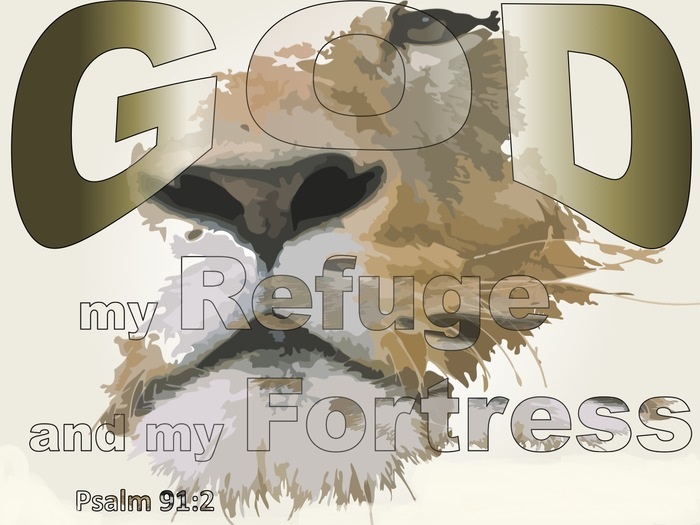I will say of the Lord, “He is my refuge and my fortress, my God, in whom I trust”~Psalm 91:2, NIV
We were serving at Yuka Hospital, a very remote institution in western Zambia, during the time when Rhodesia (now Zimbabwe) declared its independence from England. Zambia’s economy primarily relied on the importing/exporting of goods via Rhodesia. However, due to their Unilateral Declaration of Independence (UDI), the international community attempted to crush Rhodesia with a trading embargo-creating a “blockade”. Subsequently, most of our staples and supplies, including fuel, were airlifted in from Tanzania.
Because of this political situation, our personal and hospital supplies became very difficult to obtain and were always unsure. Prior to the UDI, we had become accustomed to the convenience of electricity in the evenings; propane for our home stove and hospital autoclave; and fuel for the generator, water pump, and vehicles. We had sugar and flour, matches, flashlight batteries, candles, and many other items. We had really been spoiled!
As supplies of the “essentials” dried up for periods of four-to-nine months at a time, we carefully conserved our meager supplies. Crystal, my wife, transitioned back to a wood stove for cooking, and when the propane was completely exhausted, we closed down our autoclave. All scheduled surgeries were cancelled; our few sterile supplies were reserved, and eventually used only for emergency cases.
Then, one Sabbath afternoon, I was called to see a full-term, pregnant leprosy patient who was in labor. She had a living fetus, but it was failing to progress. A Cesarean section was needed for a favorable outcome. What to do? We decided to move ahead and do an immediate C-section while the sun was still shining (our lighting source) – but without the luxury of sterile gowns, drapes, or instruments (we still had a few sterile gloves).
Pausing first, as usual, to send a petition to our Heavenly Father, asking for His care and blessing on this event, we administered a spinal anesthetic, laid the patient on the operating table, and then scrubbed her abdomen in preparation for the incision. All our unsterile instruments were laid out on a metal table, doused with a generous splash of alcohol, and then ignited (treating our eyes to a spectacle, even if we knew it was questionable sterilization).
My assistant and I put on our hats and masks, scrubbed our hands and forearms with (nonpotable) tap water, dried them with the suds still on, and gloved up. We walked to the table, barefooted and bare-chested, and proceeded with the C-section.
God blessed us with a healthy Sabbath baby. Postoperatively, we prudently covered the mother with our available second-generation antibiotics, and she recovered free of infection or other complications. We thank God for this and many other experiences that demonstrated His care over us. We thank Him for those we were privileged to serve during difficult era.
-Charles L. Wical, CME class of 1960, is a retired anesthesiologist and was an LLUSMAA 1991 Honored Alumnus. He served for 15 years at various hospitals and clinics in Africa. He and his wife Crystal, live in Prescott, Arizona.
